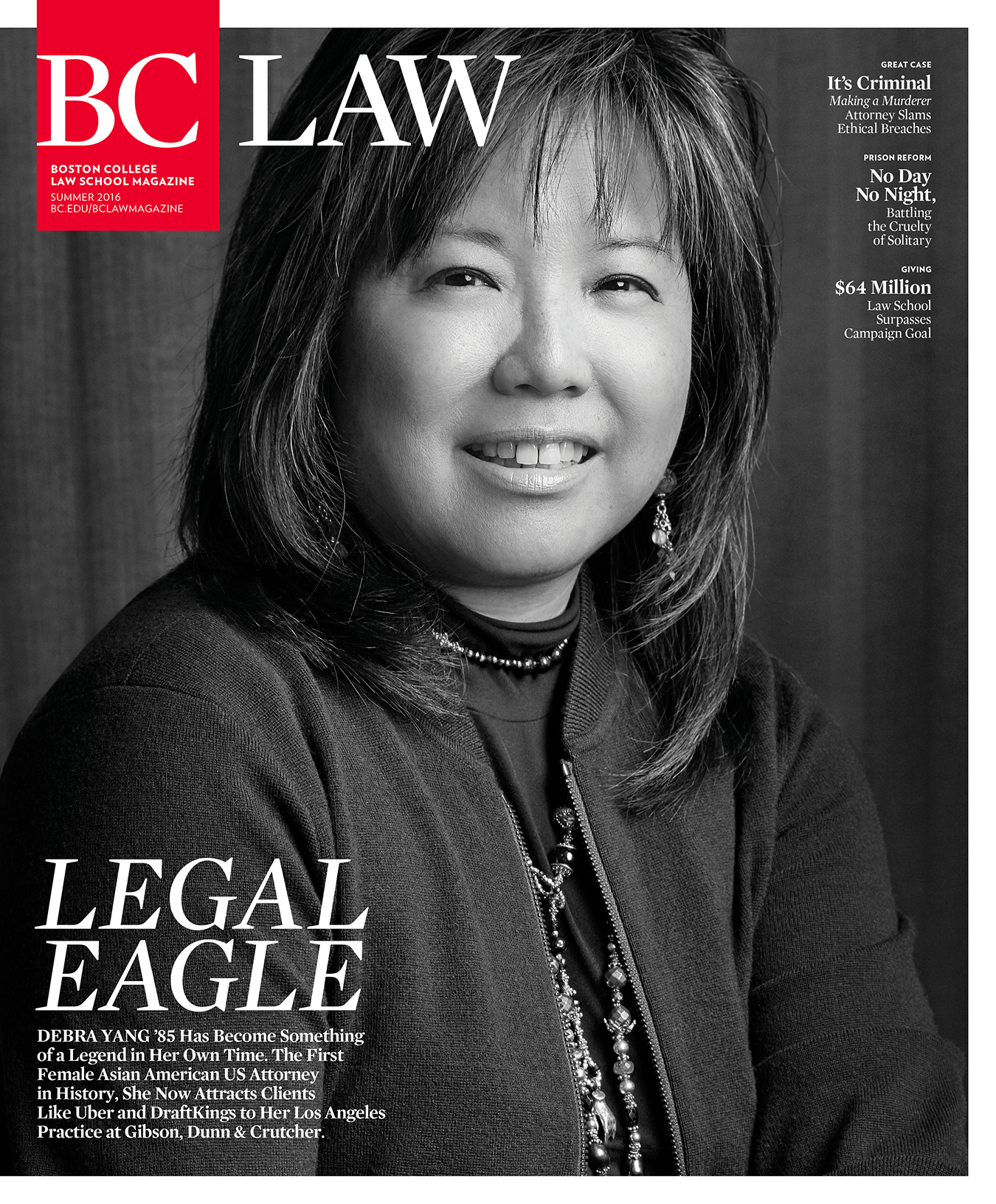Professor Mary Bilder knew that her book Madison’s Hand was an important re-examination of the notes taken by James Madison at the 1787 Constitutional Convention. She had no idea, however, that her findings would not only change constitutional history but that it would also propel her into the top echelon of US historians as a 2016 winner of the Bancroft Prize. Past winners include such luminaries as Arthur Schlesinger Jr., George F. Kennan, and Samuel Eliot Morison.
Then came her appointment to Boston College’s esteemed Founders Chair professorship, an acknowledgment of her recognition in the academic community.
The full impact of Bilder’s discovery that Madison’s notes were not an objective diary of the convention, as was previously thought, but rather a much-altered account completed years afterward and influenced by the political realities of the new government and its leaders, particularly Thomas Jefferson, is yet to be measured. Yet already her findings have reverberated beyond scholarly and constitutional circles and reached the attention of mainstream America. A front page article in the Washington Post, a review in the Wall Street Journal that called the book “superb,” and a spate of interviews, blogs, and speaking invitations to the Library of Congress and National Archives, Montpelier and Mount Vernon, and the First and Second Circuit Judicial Conferences have seen to that.
Bilder used digital technologies and traditional textual analysis to reach new conclusions about what really happened at the Philadelphia convention that produced the US Constitution, according to publisher Harvard University Press. “Madison’s evolving vision of republican government, his Virginia allegiances, his openness to constitutional protection for slavery, his fascination with the finer points of political jockeying, and his depictions of Alexander Hamilton and Charles Pinckney shifted during the writing and rewriting of his account. When the notes were finally published in 1840, the layers of revision were invisible.”
Stepping back from the quagmire of Madison’s notes and revisions, it is possible to see broader implications of Bilder’s work. “If original understandings of the convention existed, we cannot retrieve them,” she writes in her concluding chapter. “Indeed, hours after the convention ended for the day, Madison could no longer recover it precisely for himself.”
Thus does Madison’s Hand cast doubt on the idea that the framers’ intent can be divined by contemporary jurists.
Photo: Professor Bilder’s research may provoke the rewriting of American history as it pertains to the nation’s seminal legal document.



